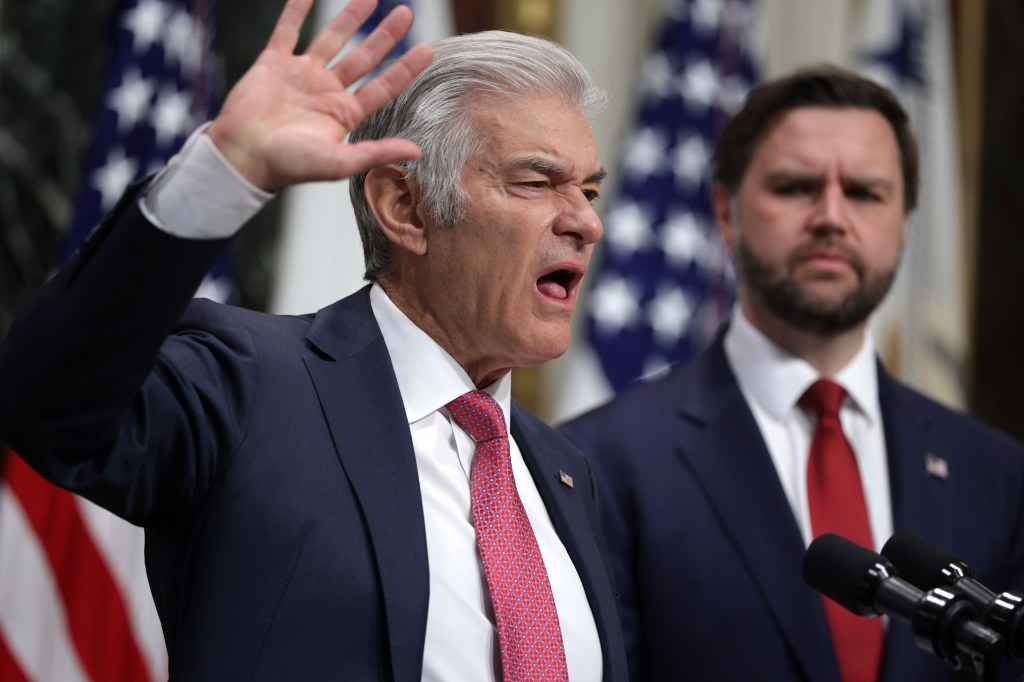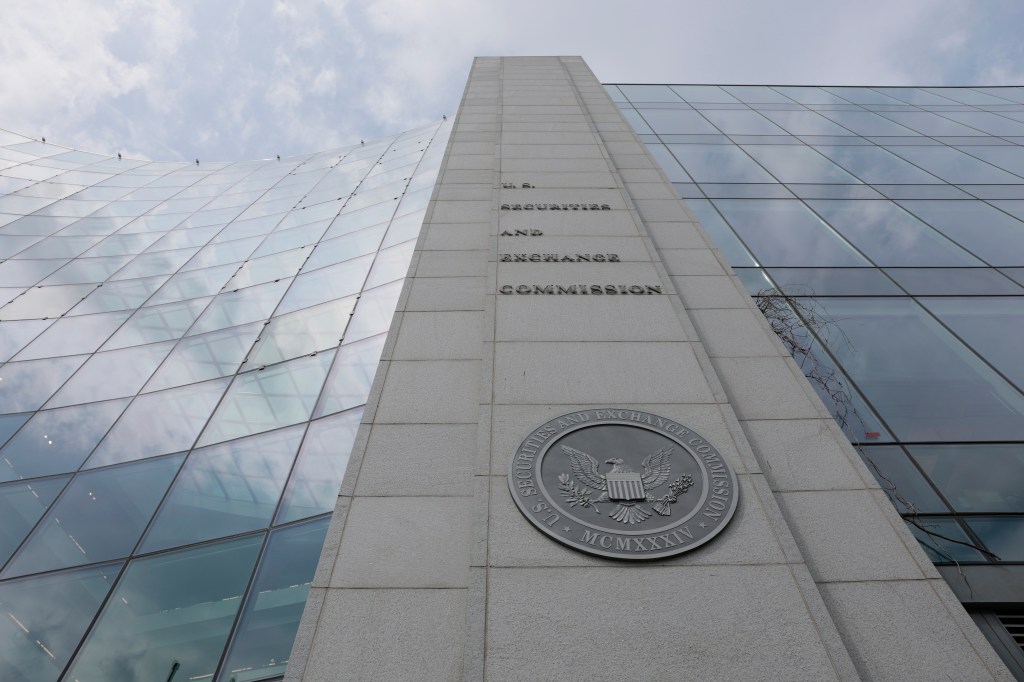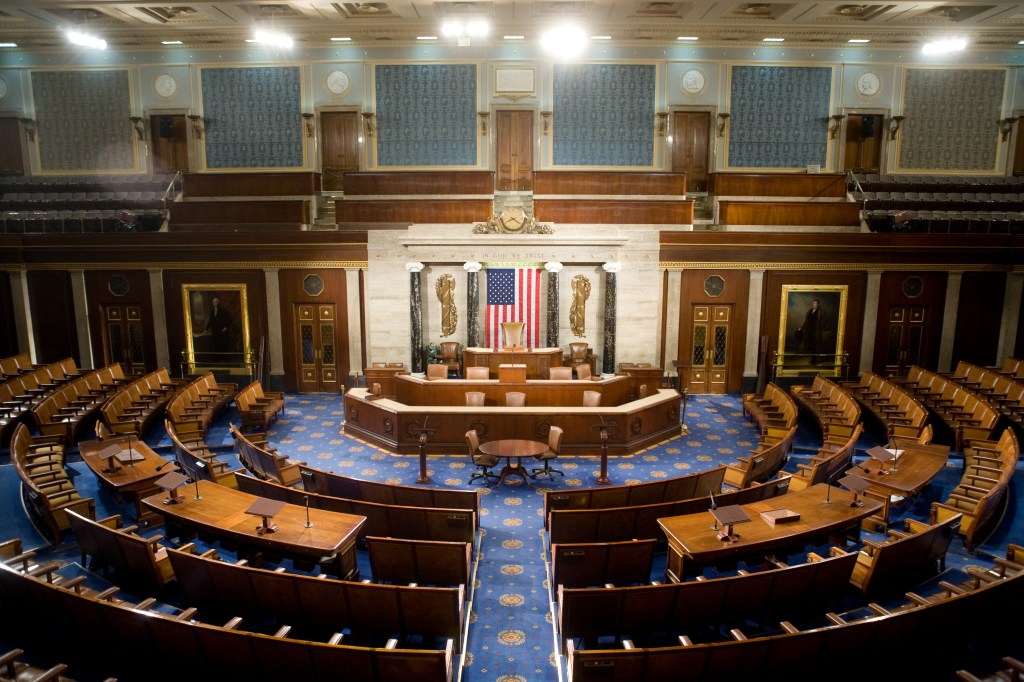Before any summer breaks kick in, Congress is crafting potential rules affecting how people, businesses and governments can use digital assets. Plus, they are considering what they must report about their own stock trades as lawmakers, all while trying to maintain US dominance in an AI chip war.
Let’s dig
Register for free to keep reading
To continue reading this article and unlock full access to GRIP, register now. You’ll enjoy free access to all content until our subscription service launches in early 2026.
- Unlimited access to industry insights
- Stay on top of key rules and regulatory changes with our Rules Navigator
- Ad-free experience with no distractions
- Regular podcasts from trusted external experts
- Fresh compliance and regulatory content every day














